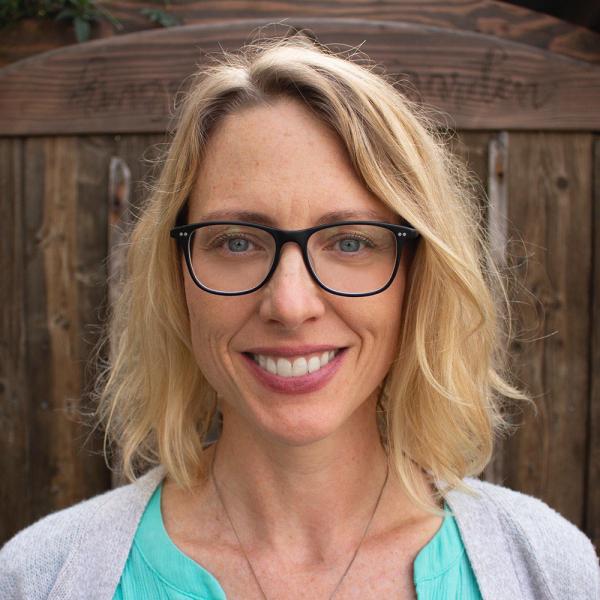Climate change has affected the health of nearly 2 million Colorado adults or their families.
Of the people who said climate change has affected their or their family’s health, nearly seven in 10 said it made breathing problems worse. And one in three said climate change has hurt their mental health.
Most Coloradans do not think their community is prepared to deal with a climate-related disaster, such as a wildfire or drought.
Widespread awareness. Colorado residents are ahead of policymakers in recognizing the link between climate change and their health. Recognition of this link is still somewhat new in the policy community. Many medical systems do not routinely screen for climate-related illnesses. But almost 2 million Coloradans said climate change had affected them or their family members in the past year.
Mental toll. Climate change is stressful. Mental health and substance use were the second-most common health effects of climate change that Coloradans cited. Mental health can worsen during acute events, such as smoke from wildfires that makes it unhealthy to be outside. Mental health also can suffer from simmering dread about the future of the planet. This is an emerging area of study, and the CHAS shows how common the problem is.
Breathing and chronic conditions. Respiratory problems were the most commonly cited health effect of climate change (65.6% of those who said climate change has affected their health). And 12.4% said climate change has made their chronic illnesses worse. The science on this link is clear. Hotter temperatures lead to more ozone, which causes breathing problems. Heat also makes forest fires more likely and intense, and wildfire smoke often covers large parts of the state in the summer.
Low opinions on community preparedness. Only 18.3% of adult Coloradans think their community is well prepared or very well prepared to deal with a climate-related disaster. Nearly half of Coloradans (46.8%) said their community is not at all prepared or only somewhat prepared for a disaster. Agricultural communities tended to have the dimmest view of community preparedness. More than half of people in the northeastern and southeastern plains and Pueblo County said their community was not at all prepared for a climate disaster. These areas have suffered through long droughts in recent years.

